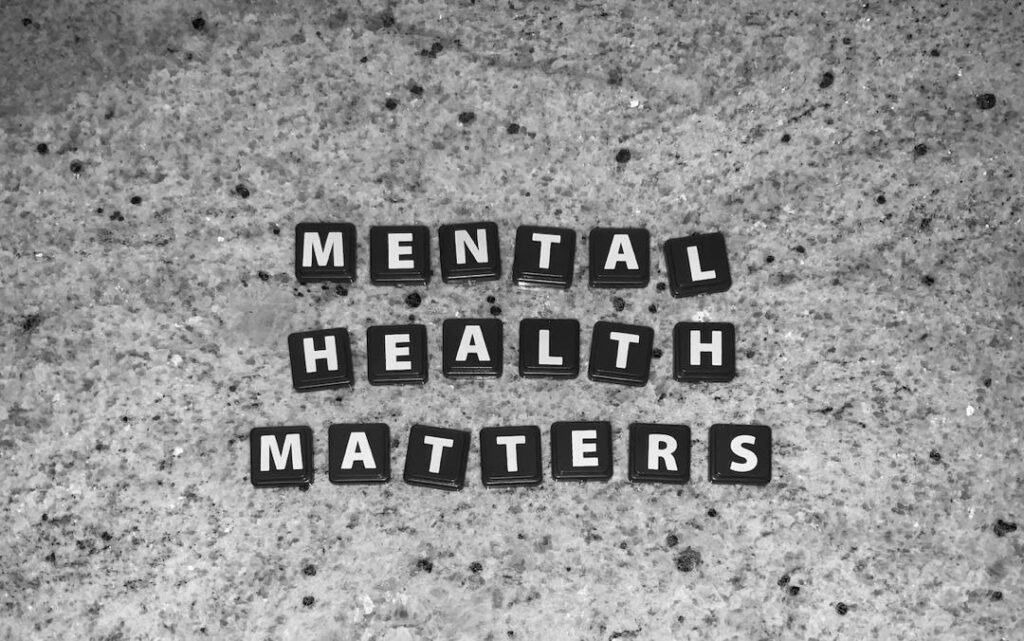This is a demo store for testing purposes — no orders shall be fulfilled. Dismiss

By: Fatima Jibril
Introduction
Mental health is a critical aspect of overall well-being that often goes overlooked in many societies around the world. Mental Health is a state of well-being in which every individual realizes his or her potential, can cope with the Normal stress of life, works productively and fruitfully, and can contribute to his or her community. In Nigeria, a country known for its rich culture, diverse traditions, and youthful population, the issue of mental health has gained increasing attention in recent years.
Nigeria, with its estimated population of over 200 million people, is often described as the “Giant of Africa.” It is a nation filled with vibrant youth who are the driving force behind the country’s growth and development. However, beneath this surface of youthfulness and vitality lies a hidden crisis which is mental health problems. These problems encompass a wide range of conditions, including anxiety, stress, depression, bipolar disorder, and stigmatization among others. The impact of these disorders is profound, affecting not only the individuals themselves but also their families, communities, and the nation as a whole. Out of the estimated 50 million persons suffering from mental health issues,70% are under the age of 30.
Statistics related to mental health disorders among Nigerian youth include:
Problem Statement
The problem of mental health disorders among Nigerian youth is multifaceted and deeply entrenched.
Several key issues contribute to this problem:
Nigeria’s Mental Health Landscape
Nigeria’s mental health landscape is characterized by a complex interplay of cultural, economic, and social factors. Traditional beliefs often clash with modern approaches to mental health, leading to a fragmented understanding of the issue. Additionally, the lack of funding and resources allocated to mental health care exacerbates the problem.
Challenges
Several challenges hinder efforts to address mental health disorders among Nigerian youth:
Importance of Mental Health
Campaigns:
The importance of Mental Health campaigns cannot be overstated. These campaigns serve several crucial purposes:

Strategies for addressing Mental Health disorders among Nigerian youth:
In Conclusion, the mental health crisis among Nigerian youth is a pressing issue that demands immediate attention because it affects how we think, feel and act. It deals with our emotional, psychological and social well-being or an absence of mental illness. It is not just a matter of public health but also a human rights issue. Addressing mental health disorders among Nigerian youth requires a concerted effort from individuals, communities, the government, and the international community. By raising awareness, reducing stigma, and investing in mental health care infrastructure, Nigeria can work towards a future where its youth can thrive mentally and contribute to the nation’s development. It is time to recognize that mental health is an essential component of the well-being and potential of Nigeria’s youth.
Silver Lining Initiative (SLNI) is an indigenous non-profit Organization established in 2009 to promote the spread of humanitarian aid through its broad spectrum of projects and activities.
+234 807 496 7427
info@slni.org
Maitama, FCT 904101,Abuja
© 2026 Silver Lining Initiative – All rights reserved
This is a demo store for testing purposes — no orders shall be fulfilled. Dismiss